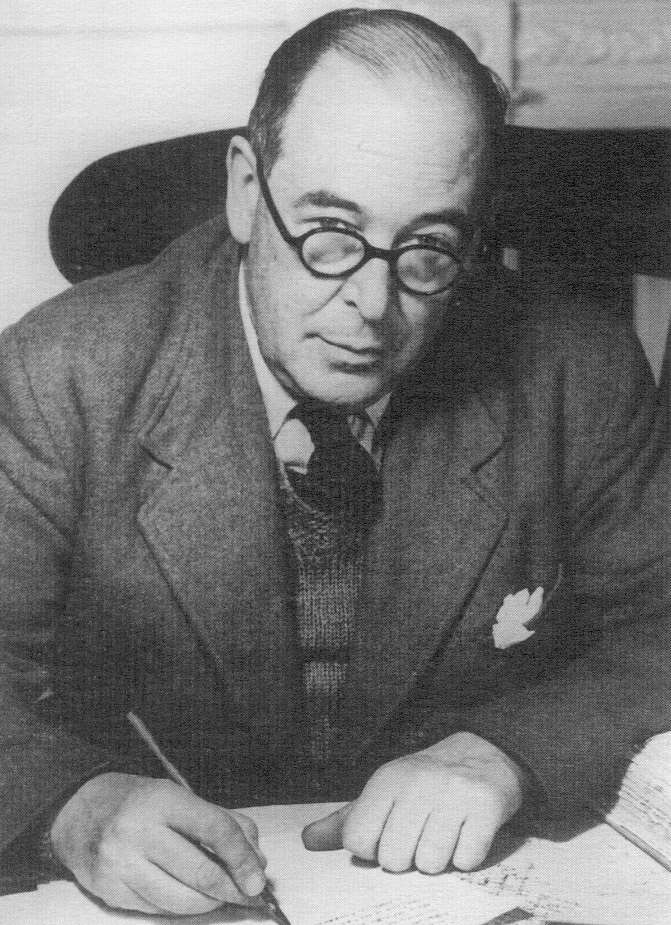“Every one says forgiveness is a lovely idea,” C. S. Lewis famously remarked in Mere Christianity, “until they have something to forgive.” People then balk at forgiving someone when they think whatever has been done is unforgivable. Yet Lewis reminds us, “It is made perfectly clear that if we do not forgive we shall not be forgiven.”
Not that’s a quandary. It appears we have no choice.

Lewis returns to the topic in an essay called, quite plainly, “On Forgiveness.” He deals not with the large global types of offenses we are called upon to forgive—those nasty Nazis, etc.—but on the seemingly petty issues closer to home, which are actually the ones harder to forgive. He notes,
To forgive the incessant provocations of daily life—to keep on forgiving the bossy mother-in-law, the bullying husband, the nagging wife, the selfish daughter, the deceitful son—how can we do it?
Only, I think, by remembering where we stand, by meaning our words when we say in our prayers each night “Forgive us our trespasses as we forgive those that trespass against us.”
We are offered forgiveness on no other terms. To refuse it is to refuse God’s mercy for ourselves. There is no hint of exception and God means what he says.
Then there’s the other part of forgiveness: asking for it in light of our own sins. Lewis, undoubtedly from personal experience, offers a warning about the heart attitude when we attempt it. We often want to couple our prayer for forgiveness (when we go to God for absolution) or our request to be forgiven by another person with excuses. Certainly, we tell ourselves, there were “extenuating circumstances” that led us to commit the offense.
We are so very anxious to point these out to God (and to ourselves) that we are apt to forget the really important thing; that is, the bit left over, the bit which the excuses don’t cover, the bit which is inexcusable but not, thank God, unforgivable.
What we have got to take to him is the inexcusable bit, the sin. We are only wasting time by talking about all the parts which can (we think) be excused. When you go to a doctor you show him the bit of you that is wrong—say, a broken arm. It would be a mere waste of time to keep on explaining that your legs and eyes and throat are all right.
There’s no getting around it. We have to be honest about ourselves and our sins. We aren’t fooling God; He sees the heart. Neither are we really fooling others; they can usually tell whether we are sincere or not.
I’ve come to appreciate more what some might consider formulaic prayers for forgiveness in church services. And didn’t Jesus Himself give us a formula in what we now call The Lord’s Prayer? A constant examination of the heart is thoroughly Scriptural.

Search me, O God, and know my heart;
test me and know my concerns.See if there is any offensive way in me;
Psalm 139:23-24
lead me in the way everlasting.
